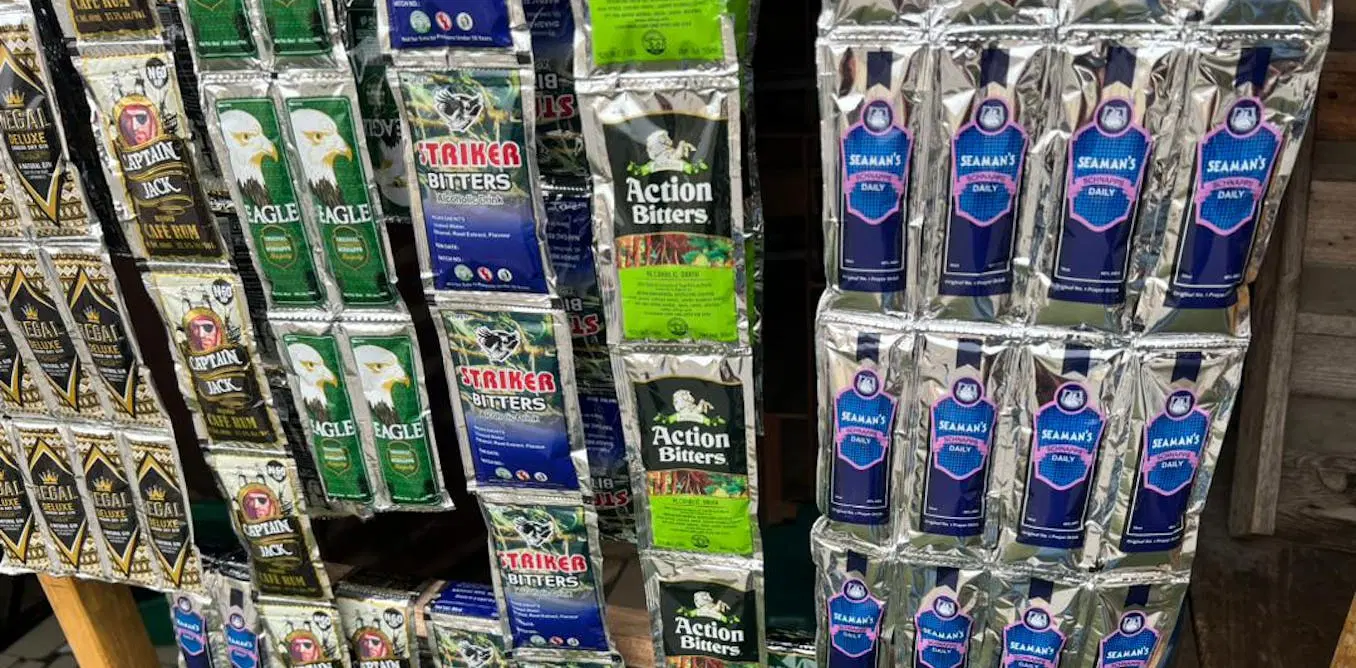Operating state-owned refineries cost the Nigerian National Petroleum Company Limited N4.8 trillion between 2010 and 2020.
Nairametrics reported that the Federal House of Representatives said that since 2010, the Port Harcourt, Warri, and Kaduna refineries’ output has not surpassed 30%.
Although the House of Representatives report claimed that the refineries had been idle for years, the money was nevertheless spent even when the facilities’ total daily capacity of 445,000 barrels of crude oil was being significantly exceeded.
The restoration of all state-owned refineries is now taking place. Remember that in 2021, NNPCL had signed an Engineering, Procurement, and Construction contract with the Italian firm Maire Tecnimont SPA for the renovation of the Port Harcourt Refinery Company.
Refineries in Kaduna and Warri are also being renovated. Nigeria now imports all of its refined petroleum products because there is little to no domestic refining. Blackgold Data Services estimates that Nigeria imports roughly $28 billion worth of petroleum products every year.
The NNPCL’s Group Chief Executive Officer, Mele Kyari, recently stated in an interview with Channels Television that the Port Harcourt, Warri, and Kaduna refineries will begin operations before the end of the year.
In order to significantly lessen Nigeria’s dependency on fuel imports and to mitigate the effects of the elimination of fuel subsidies, oil, and gas stakeholders have urged for the activation of all local refineries.
“Activating regional refining, however, is not a magic solution,” according to a recent PricewaterhouseCoopers analysis.
According to the analysis from PwC, it is generally believed that local crude oil refining may either completely eliminate the need for petrol subsidies or lower the market price.
Due to fuel imports, Nigeria’s fuel costs are affected by importation and handling fees in addition to world oil prices and exchange fluctuations.
Local refining is consequently anticipated to lessen Nigeria’s reliance on imports and possibly stabilise fuel prices, according to PwC.
“The material does not, however, make up the majority of the cost across the value chain, aside from the accompanying costs of importation, insurance, and haulage.
“This implies that the pump price without a subsidy would still be higher than the regulated price unless the international price of crude oil falls below a certain level.”










